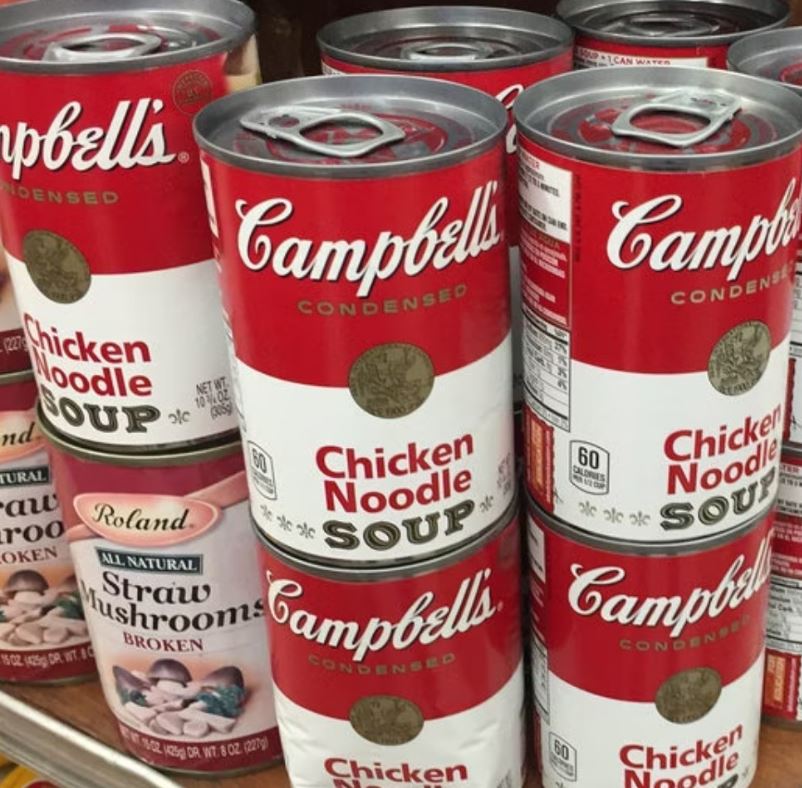
Campbell’s Soup, an iconic brand synonymous with American culinary traditions for nearly two centuries, finds itself at a critical crossroads that threatens its very existence.
For decades, Campbell’s has been a comforting presence in kitchens across the nation, offering canned soups and other processed foods that symbolized convenience and familiarity.
However, the company now faces mounting challenges as it struggles to align with rapidly changing consumer preferences.
Modern shoppers are increasingly favoring fresh, organic, and minimally processed foods, reflecting growing concerns about health and wellness.
This shift has left Campbell’s traditional offerings—long reliant on preservatives, artificial flavors, and sodium-heavy recipes—feeling outdated in the eyes of many consumers.
The demand for “clean label” products has become a dominant force in the food industry, with buyers seeking transparency and healthier alternatives to the processed staples that once reigned supreme.
In response to these evolving trends, Campbell’s has made efforts to diversify its portfolio, acquiring brands aimed at appealing to more health-conscious demographics.
Notable acquisitions, such as Bolthouse Farms and Snyder’s-Lance, were strategic attempts to reposition the company within the better-for-you market segment.
However, these moves have come at a steep cost. The company incurred nearly $9 billion in debt from these purchases, a financial burden that has severely hampered its ability to invest further in innovation, marketing, and infrastructure.